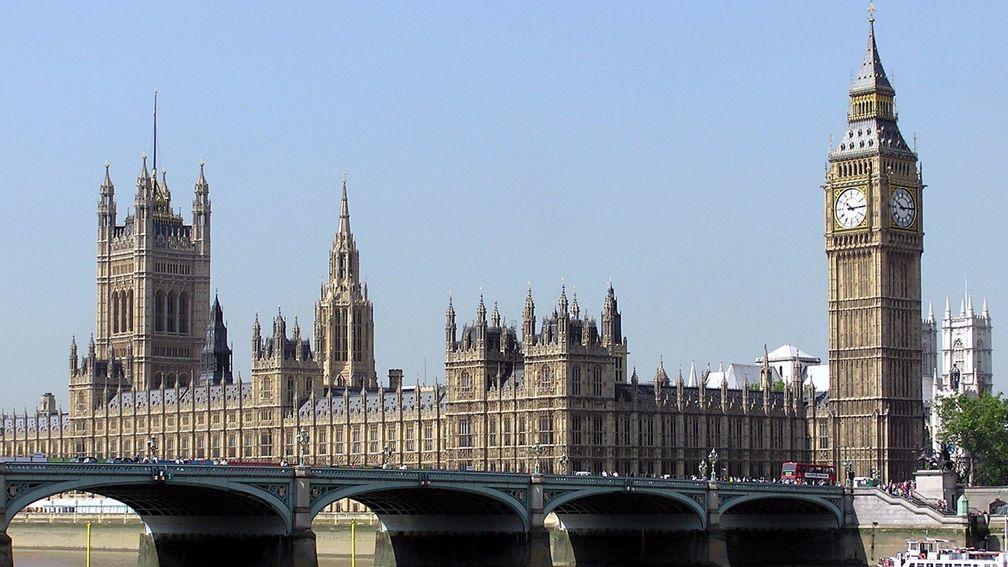Racing calls for help after warning of post-Brexit staffing crisis

Work riders and staff working in the breeding industry should return to the official list of occupations for which there are not enough resident workers to fill vacancies after Brexit, a body which advises government on immigration has been told.
The BHA, National Trainers Federation and Thoroughbred Breeders' Association have told a call for evidence by the Migration Advisory Committee (MAC) that there is concern that the UK's decision to leave the European Union "will exacerbate the current staffing crisis".
The joint submission suggests that exemptions similar to those currently given to ballet dancers could be granted to alleviate the problem.
Last summer the government commissioned the MAC to advise it on the economic and social impacts of Brexit and also on how the UK’s immigration system "should be aligned with a modern industrial strategy".
Free movement of people within the thoroughbred industry is one of the three main priorities of the steering group set up to deal with Brexit by British racing, along with free movement of horses and the maintenance of the highest standards in areas such as equine health and welfare.
The sport's submission said it was "critically important" for British racing and breeding to have access to talent from abroad, although it said it was taking steps to deal with the current shortfall of available staff of around 500 to 1,000 people.
The submission said that of the 7,377 employees recorded on the BHA register in racing grooms roles last March, 11 per cent were drawn from 23 European Economic Area countries excluding the UK, with a further 13.4 per cent drawn from non-EEA countries.
Until 2011, the MAC recognised work riders and thoroughbred breeding grooms at a certain level as skilled workers and included them on the Shortage Occupation List.
The submission continued: "There is concern, particularly among trainers, that leaving the EU will exacerbate the current staffing crisis – threatening the viability of trainers’ businesses, potentially compromising the safety and welfare of horses and staff, and undermining British racing’s world-leading status for racehorse training.
"We estimate that a reduction of 20 horses in training will result in a £1 million reduction in expenditure in the British rural economy."
The submission asks that a post-Brexit immigration system does not compromise the status of EEA and non-EEA workers already based in the UK and that suitably qualified work riders and thoroughbred breeding grooms be included on the Shortage Occupation List again.
It adds: "We also believe, given the economic and cultural importance of British racing to the rural economy, and the British sporting landscape, that similar exemptions as currently exist for ballet dancers [who do not require formal qualifications on the basis of their cultural value] could be granted for the relatively small numbers of work-riders required."
Industry figures were updated on Brexit at a seminar organised by consultancy Simply Racing this week when BHA executive director Will Lambe said the sport was "absolutely on the case".

The subject was also aired this week at a House of Lords committee hearing entitled 'Brexit: movement of people in the fields of sport and culture'.
James Allen, director of policy, governance and external affairs for the Sport and Recreation Alliance, said horseracing was a good example of where there is a "shortage occupation" and that a "proportionate and swift decision" would need to be made by government.
"Horseracing is the second largest sport in terms of revenue and attendances and so is strategically important to the sector and to the economy," he said.
If you are interest in this, you should read:
Effect of divorce to be felt in the sport throughout Europe
'The stakes could not be higher' - Ireland waits with bated breath
Bordering on disaster for two tracks in Northern Ireland
Published on 22 February 2018inNews
Last updated 15:54, 22 February 2018
- 'It's a dream come true' - 18-year-old to follow in Khadijah Mellah's footsteps with ride in the Magnolia Cup
- Merci Olivier! No final winner for Olivier Peslier but the world of racing unites in saluting the end of a great career
- The latest edition of the Racing Post is available to read online now - here's how you can access it
- How Smart View recorded a 76 per cent profit at the Cheltenham Festival
- Smart View is available on the Racing Post app - how to read the revolutionary new racecard
- 'It's a dream come true' - 18-year-old to follow in Khadijah Mellah's footsteps with ride in the Magnolia Cup
- Merci Olivier! No final winner for Olivier Peslier but the world of racing unites in saluting the end of a great career
- The latest edition of the Racing Post is available to read online now - here's how you can access it
- How Smart View recorded a 76 per cent profit at the Cheltenham Festival
- Smart View is available on the Racing Post app - how to read the revolutionary new racecard